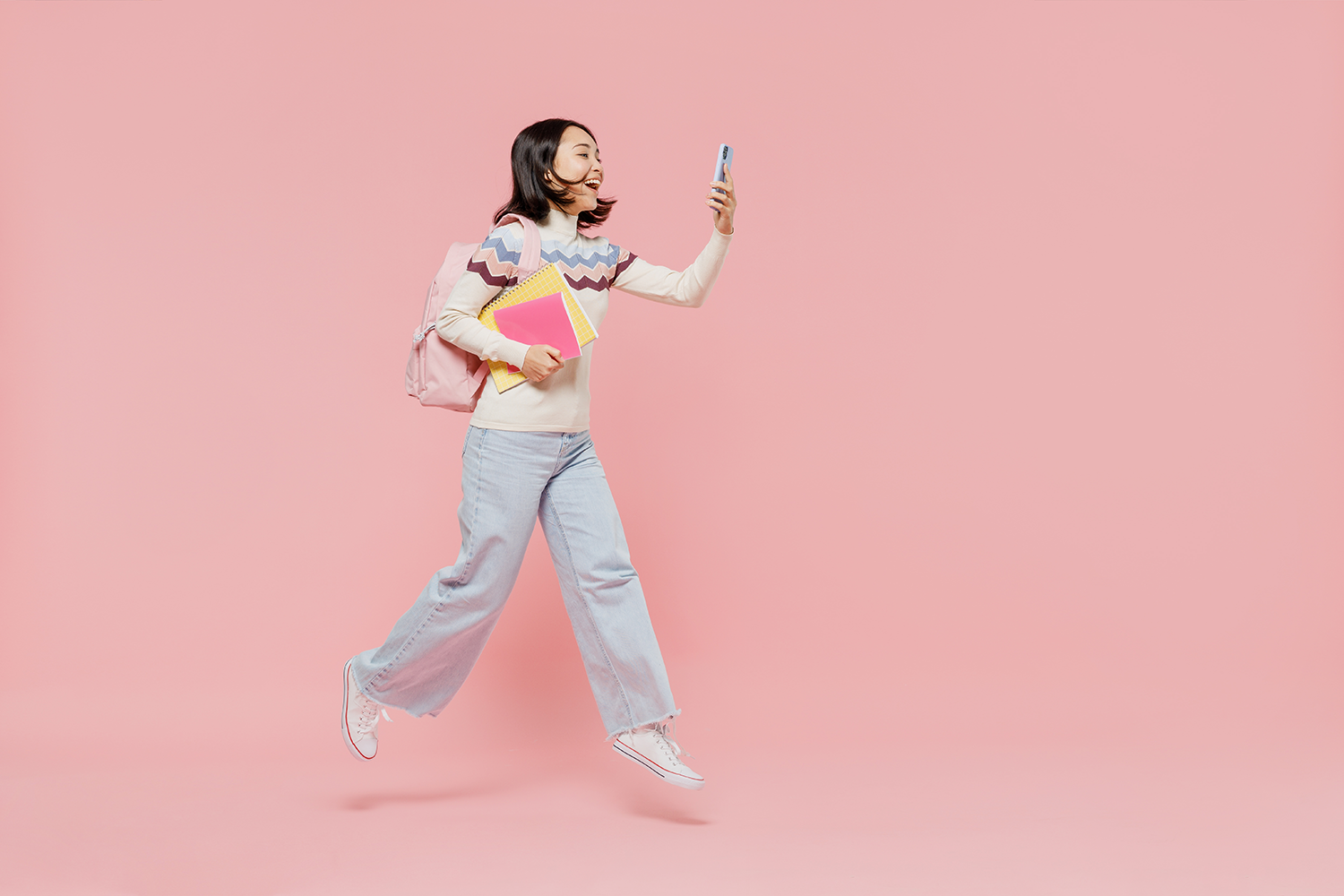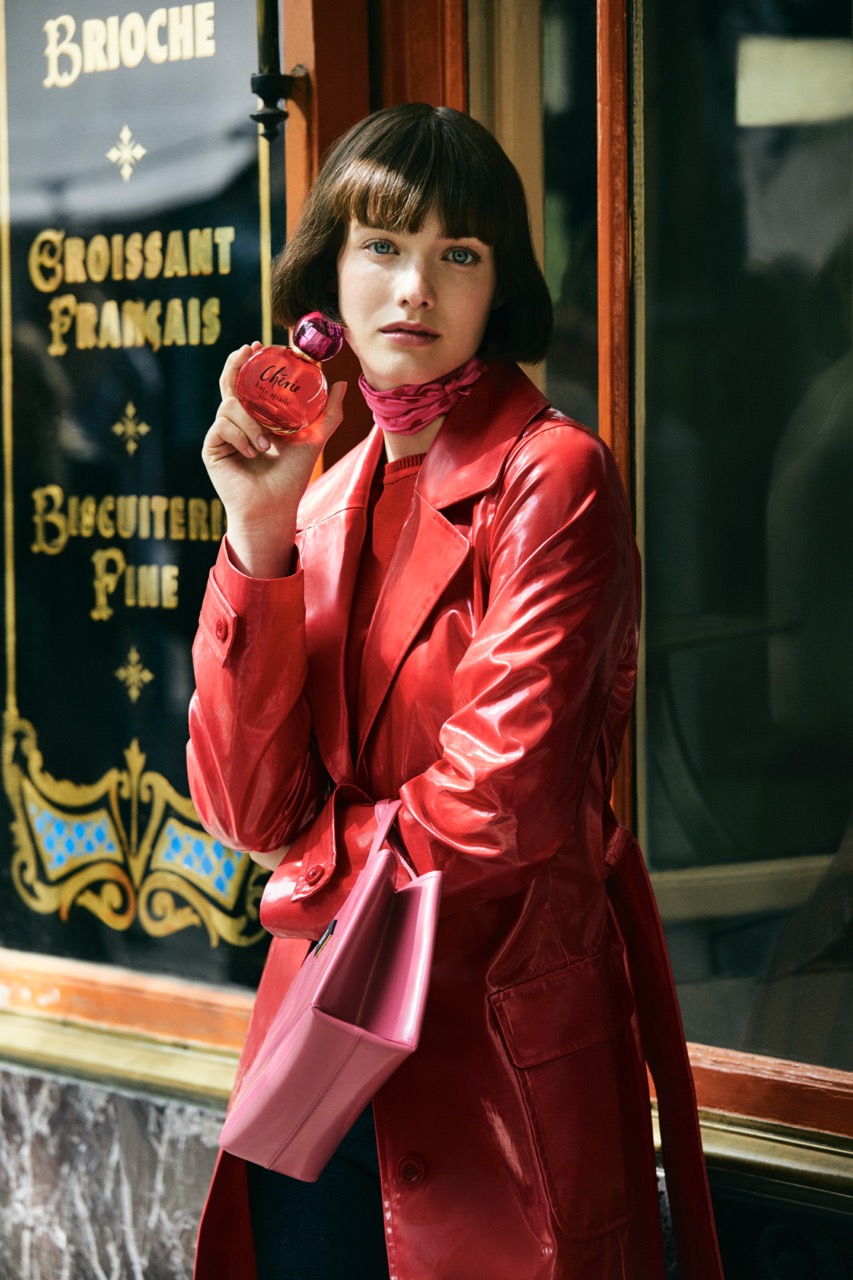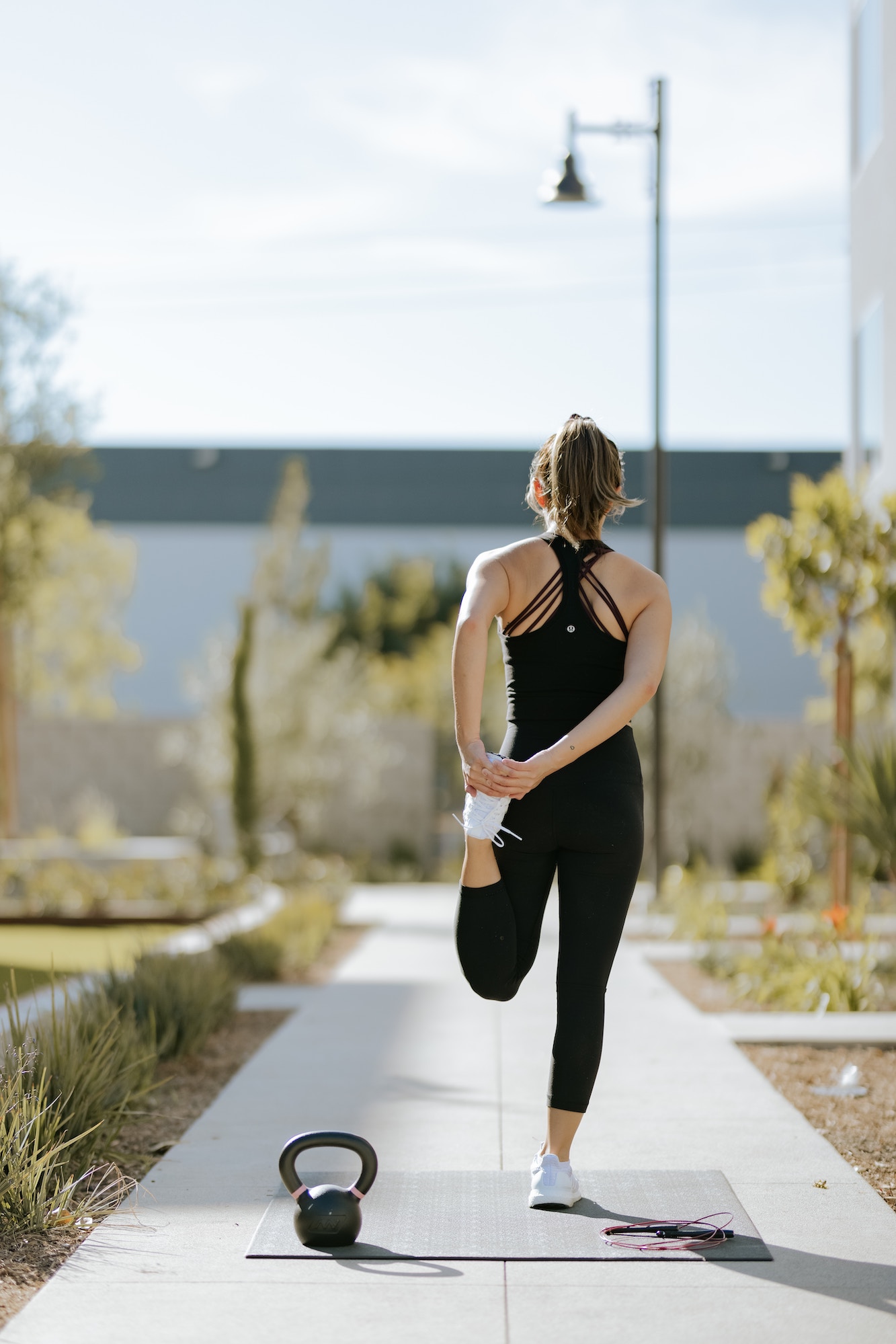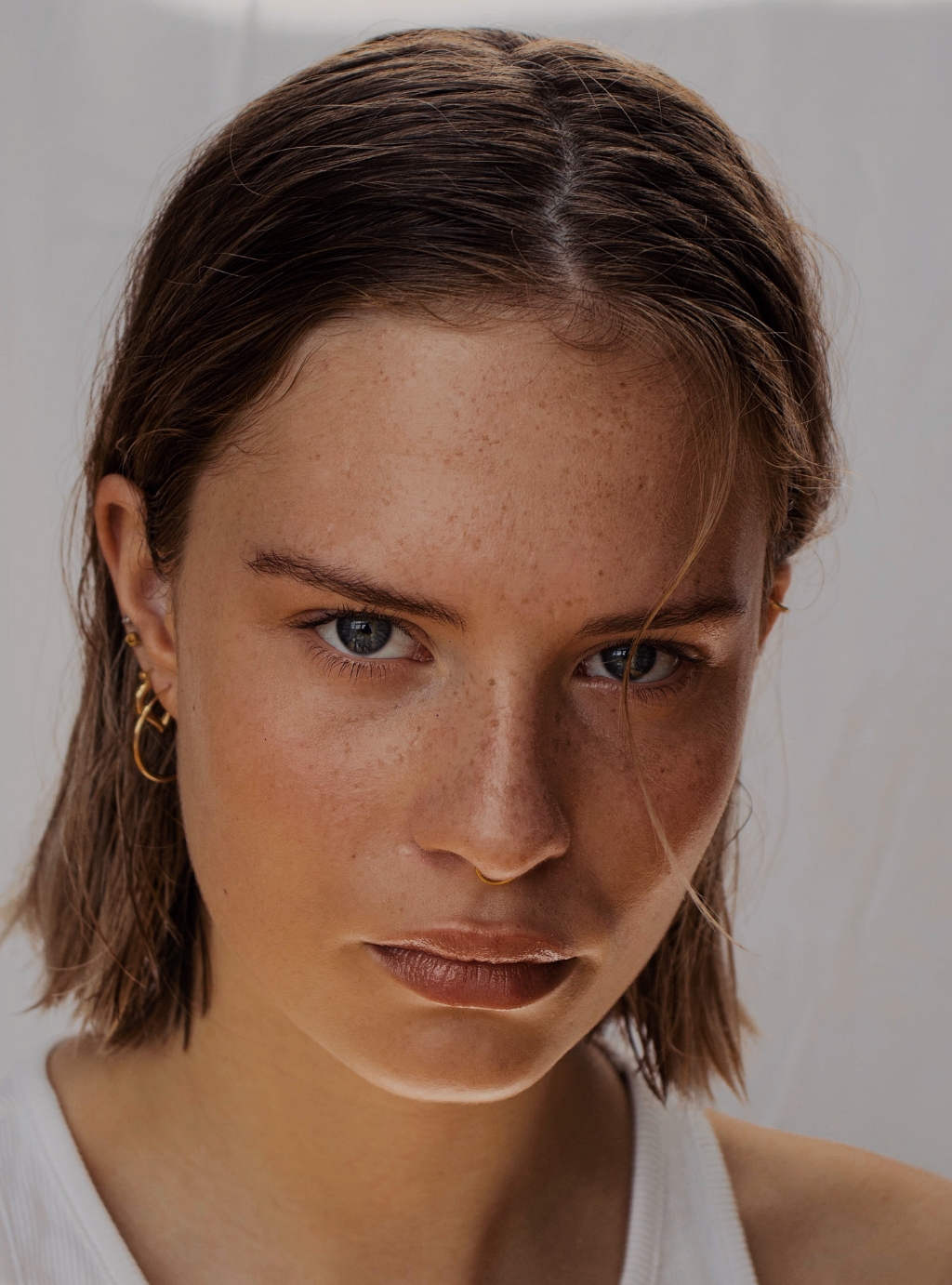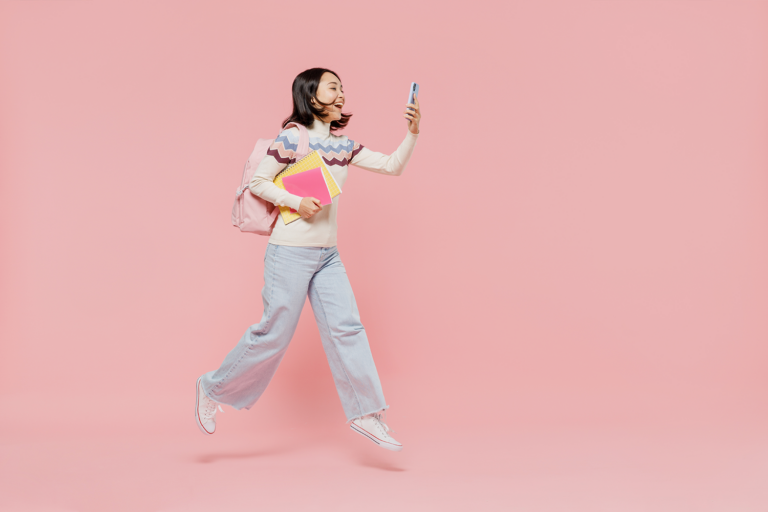
As you scroll through your Instagram feed, every photo of your friends and favourite celebrities looks flawless, right? With no hair out of place or pimple in sight, everything is placed perfectly in the frame. But this hasn’t happened by accident. Most of the photos you see have been retouched or with filters applied.
It’s undeniable that social media has increased the anxiety we feel about how we look, thanks to these numerous filtering and retouching apps. While using these apps is an inherent part of the photo uploading process for some, they are detrimental to our self-esteem and body confidence. Further, young people — especially young women — are easily influenced by the images they see on social media and prone to comparing themselves to their peers.
Recent research by beauty brand Dove found that 56% of young New Zealand girls take multiple photos until they snap one they feel comfortable sharing. 50% wished they could share content without feeling worried about others would think. Even more worrying is that almost half of young females use filters and retouching apps, from as young as ten years.
Further data from Dove shows that the top three features girls try to hide or change are their hair, face and lips. It’s therefore no wonder social media is affecting our confidence, with such high expectations of how we should be presenting ourselves online.
However, it doesn’t have to be this way — we all know too well that achieving the ‘perfect look’ is unrealistic, coupled with the need to always show the best side of ourselves on social media, resulting in lower body confidence and self-esteem.
This is why Dove has released a number of resources for parents, teachers, and youth, encouraging education about photo distortion and empowering youth to stop comparing themselves to unrealistic ideals.
Dove has also launched a television commercial titled ‘Reverse Selfie’, highlighting the emotional and physical stages of posting a selfie, and showing how easy it is for young people to access editing tools at the touch of a button.
Ultimately, empowerment should not come from the amount of attention a photo gets. As we combat the negative impacts of photo altering and engage with authentic peers and role models online, in time, it’s hoped that the ‘perfect photo’ can evolve to be an unfiltered, real showcase of who we really are.
Discover more about the Dove Self Esteem Project here.

